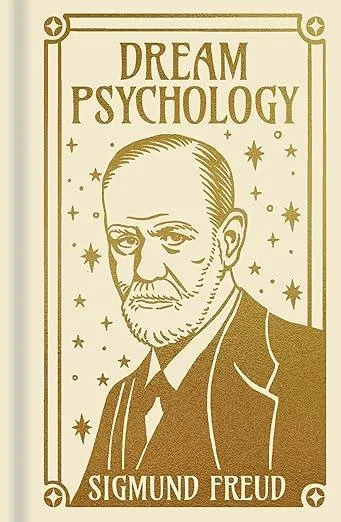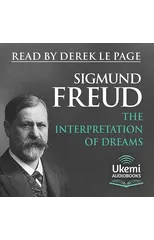The Future of an Illusion
(Autor) Sigmund Freud"Future of an Illusion," authored by Sigmund Freud in 1927, embarks on a critical examination of religion, articulating it as a psychological construct born from humanity's deep-seated needs for protection, moral guidance, and understanding of the universe. Freud posits that religion, while serving as a comforting illusion to shield individuals from the stark realities of life and the inevitability of death, is ultimately a hindrance to intellectual and emotional maturity. He argues that the progress of civilization hinges on the ability of individuals to eschew religious belief in favor of rational thought and scientific inquiry. This work not only showcases Freud's psychoanalytic acumen, but also engages deeply with the sociocultural role of religion, proposing a future where enlightened reason supplants faith. Despite the controversy it stirred, particularly among the devout, Freud's critique remains a pivotal contribution to the discourse on the psychology of religion and the development of secular thought.
Sigmund Freud
Sigmund Freud was a pioneering Austrian neurologist and founder of psychoanalysis. His most famous work, "The Interpretation of Dreams," revolutionized the understanding of human behavior. Freud's writing style was clear, concise, and influential in shaping modern psychology. His key contributions to literature include exploring the unconscious mind and the role of sexuality in human behavior.






